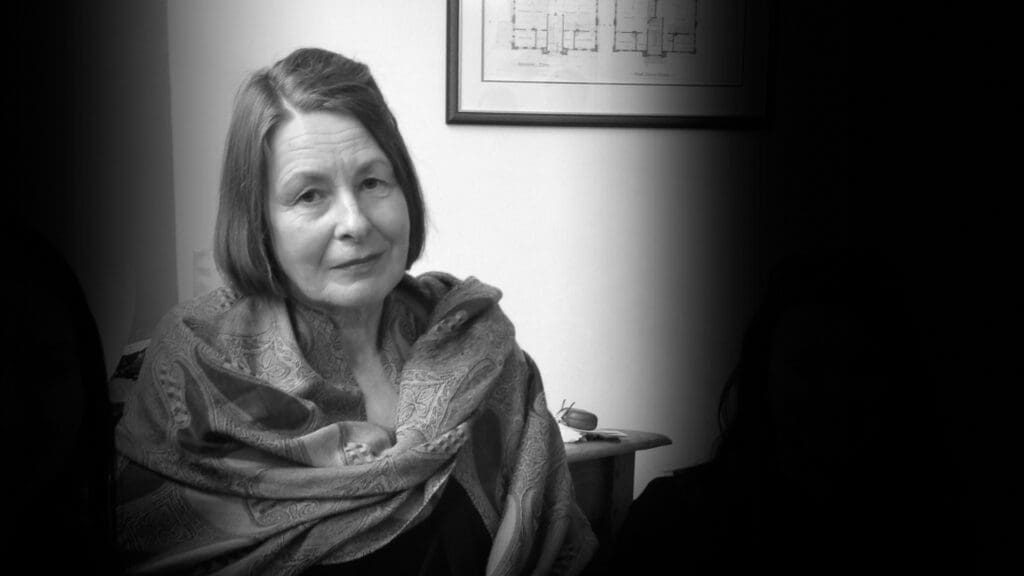Death in police custody: Coronial inquest into the death of Yorta Yorta woman Tanya Day continues
PRESS CONFERENCE
Who: The Family of Tanya Day and their lawyers from the Human Rights Law Centre
When: 9:30am, Tuesday 30 April, 2019
Where: Victorian Coroner’s Court forecourt, 65 Kavanagh St, Southbank
Contact: Michelle Bennett: 0419 100 519
The third directions hearing into the tragic death in police custody of Yorta Yorta woman, Tanya Day, will be held on Tuesday 30 April.
Tanya Day died on 22 December 2017 from a brain haemorrhage after falling and hitting her head in the cells of the Castlemaine police station on 5 December 2017. Tanya Day was taken off a train and locked up by police for public drunkenness – an offence that the Royal Commission into Aboriginal Deaths in Custody and numerous subsequent reports recommended be abolished because of its dangerous and discriminatory impact.
The Human Rights Law Centre are representing the family of Tanya Day. On Tuesday, the Coroner will decide whether the coronial inquest will look at whether systemic racism played a role in Tanya Day’s death.
Newly obtained data shows that at the time of Tanya’s death, Aboriginal women were almost 10 times more likely to be targeted for being drunk in public than non-Indigenous women.
Tanya Day’s daughter, Belinda Stevens, said: “Our mum should have never been locked up. She was denied compassion, respect and dignity simply because she was Aboriginal. The Andrews Government must abolish the offence of public drunkenness and put an end to the targeting of Aboriginal people.”
Victoria is one of only two states that has not repealed the offence of public drunkenness. At the first directions hearing in December 2017, the Coroner took the unique step of foreshadowing that she will recommend the offence of public drunkenness be abolished. Despite this, the Andrews Government has still not committed to getting rid of the law.
Media contact:
Michelle Bennett, Director of Communications, Human Rights Law Centre, 0419 100 519
Media Enquiries
Chandi Bates
Media and Communications Manager

Legal challenge filed against Tasmanian Parole Board’s decision to gag free speech
The Human Rights Law Centre has filed legal proceedings on behalf of Tasmanian grandmother, Susan Neill-Fraser, to challenge a restrictive parole condition placed on her by the Tasmanian Parole Board seeking to limit her ability to speak to the media.
Read more
University of Melbourne urged to drop repressive anti-protest and surveillance policies
The University of Melbourne is being urged to abandon policy changes that restrict staff and students’ right to protest and permit the widespread surveillance of people using their wifi network.
Read more
Expanded protections for marginalised groups welcomed in Allan Government’s anti-vilification laws
The Human Rights Law Centre welcomes the additional protections for marginalised groups in anti-vilification laws passed today by the Allan Government. These laws expand protections from vilification to include people from LGBTIQA+ and disability communities, and provide communities with important civil law avenues to address vilification.
Read more


